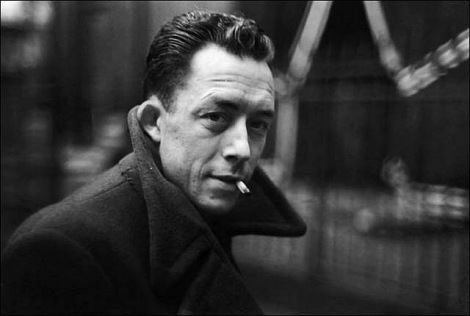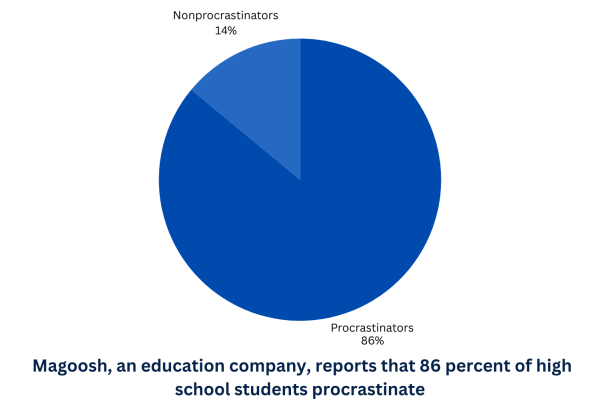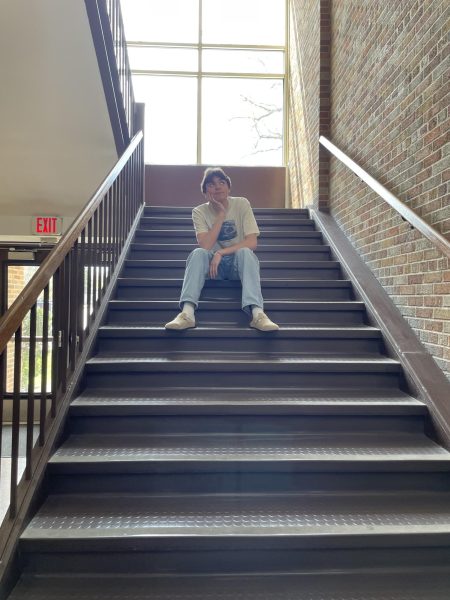The Absurd Beauty of Albert Camus
“If we believe in nothing, if nothing has any meaning and if we can affirm no values whatsoever then anything is possible and nothing has any importance.”-Albert Camus

Albert Camus is a 20th-century Algerian-French philosopher, author and journalist.
I have found that in life, there are only two unwavering truths that we all must come to grips with: human lives are unpleasant, brutish and short, and most of them will end in an unpleasant, brutish and short manner. These truths are not easy to accept for most of us, so we spend a considerable portion of our lives searching for meaning in various forms, from religion to the accumulation of material wealth. While it might seem overwhelming or depressing, accepting these truths can help us exist in a meaningless world. If nothing matters, then neither does that chemistry test you failed or the rejection you faced at the hands of your crush.
In the battle against the meaninglessness of life, human beings have a great weapon: the warm embrace of Albert Camus’s existential nihilism. In Camus’s writing, one finds a deeply comforting and surprisingly joyful solace in accepting the truth of our lives. We can’t change the truths about the universe, but we can choose how we interpret our lives.
For those who don’t know, Camus is a 20th-century Algerian-French philosopher, author and journalist, whose 1942 novel “The Stranger” was my introduction to the beauty of existential nihilism. Camus labeled the aforementioned battle between the natural human desire to assign meaning to things and the truth, the “absurd.”
This idea of the “absurd” is best depicted in his other work published in 1942, “The Myth of Sisyphus.” The essay focuses on the Greek myth of Sisyphus, a king who is condemned to push a boulder up a mountain for all eternity. Every time Sisyphus pushes the boulder up the mountain, it falls back down to the bottom, where Sisyphus must begin his task again.
Camus finds something extraordinary in the eternal struggle of Sisyphus. Sisyphus understands that his task is a futile one, but he also understands that his fate belongs to him. In contemplating the nature of his torment, and continuing on despite the bleak conclusion he reaches, he achieves victory.
In Sisyphus, we all exist. The struggle itself is reason enough to be happy, and the unceasing effort in which we engage is made possible only by the recognition of our situation as the most beautiful thing imaginable. The pursuit of one’s individual fate and our battle to prescribe meaning makes the whole journey worth it.
To some, the logical answer to such a depressing reality is to give up. Giving up may seem easy in a world that has no meaning, but just because the world has no meaning doesn’t mean it doesn’t have anything to offer. Birds don’t care if they have meaning; they sing beautiful songs anyway. The warm summer breeze feels good whether or not it means anything. The person you daydream about in math makes you happy, and that’s all that matters.
My introduction to these truths, “The Stranger,” says it best: “It was as if that great rush of anger had washed me clean, emptied me of hope, and, gazing up at the dark sky spangled with its signs and stars, for the first time, the first, I laid my heart open to the benign indifference of the universe. To feel it so like myself, indeed, so brotherly, made me realize that I’d been happy, and that I was happy still.”










Dave Minion • Jan 8, 2020 at 8:46 am
It was in the halls of LHS (fall of my senior year, 1971) that a similar illumination was born in my spirit, when I first read The Stranger. That liberating shift of perspective changed the trajectory of my life. This is an eloquent article. Thanks for reminding me of my roots.
Dave Minion, School Counselor, Middle Creek High School, Apex, NC